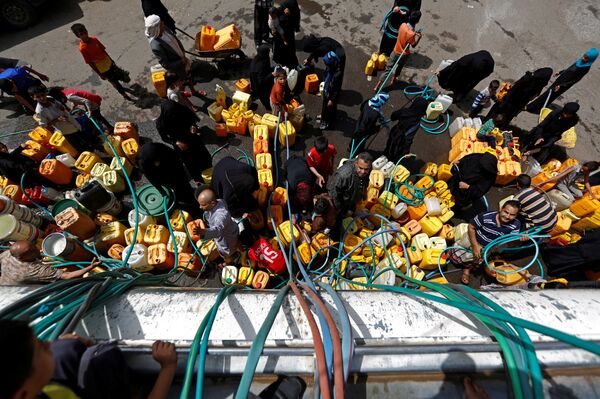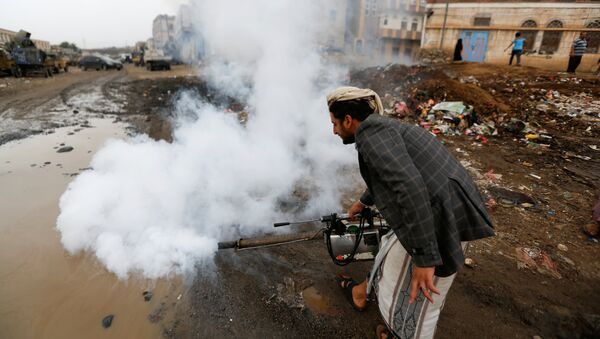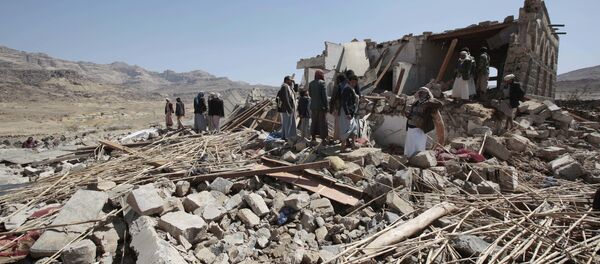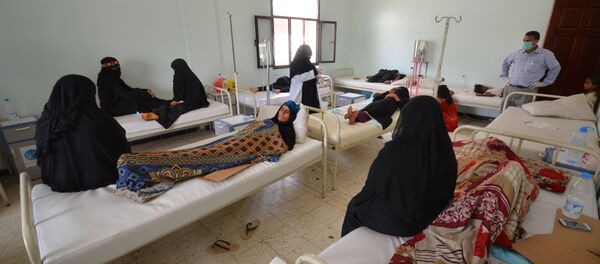According to a confidential report obtained by Reuters, the boat was targeted by an armed utility helicopter. The report says that the attack violated international humanitarian law and threatened the peace, security and stability of Yemen.
It went on to accuse the alliance of becoming a cover for some states to avoid individual blame.
“I think that is absolutely essential that the US and the UK take such a step,” she said, adding that “this looks increasingly likely” given the strong public pressure to this effect existing in both countries,” Kumar noted.

“There is a lot of backlash from civil society to do this,” she added.
Answering a question about the deteriorating human tragedy on the ground in Yemen and about the possible consequences of the blockade imposed on the country by the Saudi-led coalition, Akshaya Kumar said that even though everyone was aware about the humanitarian crisis unfolding in Yemen, there have been strong attempts to thwart all efforts to ease the people’s plight.
“What we have seen over and over again, is that those who are trying to deliver aid are being obstructed. Now in Yemen you have the highest rate of cholera growth in the world and other serious humanitarian concerns none of which are being addressed to the full extent possible because neither the Saudi-led coalition nor the Houthi side give aid workers the access they need,” she concluded.
Since then the humanitarian situation in the country has worsened dramatically.
According to a joint statement issued by the World Health Organization, the UNICEF and the World Food Program on Wednesday, the catastrophic situation in Yemen is turning into world’s largest humanitarian crisis.




